Your career path at CMA is a bit unique—you joined the firm soon after college, went for your MBA, and returned after a time. What brought you back to CMA?
I came back to CMA for the people and culture.
During management presentations for an IT consulting firm last year, potential buyers asked our client how they created and maintain their culture. Our client said, “We hire kind-hearted people that are really good at what they do. It is as simple as that.” The same can be said of Carl Marks Advisors. Everyone at CMA is kind-hearted and really good at what they do. When asked to rejoin Carl Marks to help grow the family business M&A practice, the people at CMA made it an easy decision.
It starts at the top. The partners at CMA are fantastic: social, great sense of humor, super smart, and considerate. I know they all care about me and my development. It has been amazing being back at CMA and a lot of fun. I am grateful to be surrounded by a great team.
How does your prior consulting experience influence how you craft your work and the requests you make of your teams now? You’ve “been in the trenches” so to speak…
As a consultant, I worked with companies on their M&A transactions from an operational, financial, and accounting perspective. It was often my responsibility to drill down into the details to provide clients with the information needed to navigate their M&A deals successfully.
Partly because of my consulting experience, I know what potential buyers want to see when acquiring and integrating a business. I craft my work and requests to my teams accordingly. Clients, lawyers, sponsors, lenders, and due diligence providers on both sides of the table appreciate the quality of work, expertise, and support we at CMA provide.
What career advice would you give your 22-year-old self?
Be persistent and work hard.
At 22, I was graduating from college in 2009 during the Great Recession. When it was time to apply for investment banking internships, the bulge bracket banks (the ones that still existed) were in a hiring freeze. Not to be deterred, I started looking for other M&A positions at consulting firms and middle-market investment banks. This eventually led me to CMA, where I was fortunate to be hired as a junior banker. Being persistent paid off. This persistence continues to serve me well in my career.
You hold a degree in Industrial Engineering—how does that inform your approach to transactions, or influence your analysis of a situation?
Industrial engineers help businesses run better.
As it relates to my approach to transactions, I am always open to evaluating and implementing best practices and new technologies to improve our M&A deal process and benefit the team. I continue to look for ways to implement new processes and standards to increase efficiency, work quality, and productivity. This frees up our time to focus on the most important issues for clients.
As it relates to my analysis of a situation, my industrial engineering degree gives me a greater appreciation for the challenges associated with running a business. I have a deep respect for our family business clients and what they have accomplished. These owner-operated companies are smart and have built strong, profitable businesses. As an investment banker, being aware of these challenges makes it easier to identify and work through issues that come up during deals with buyers and sellers.
What has been your biggest deal-centered challenge, and how did you overcome it?
In March 2020, we had just gone to market with a school transportation business. When the pandemic hit, the U.S. school system shut down and, while schools eventually reopened, there was general uncertainty about in-person learning. This required staying organized, managing communication with buyers, providing updates on the business, and supporting buyer due diligence on a business that historically had been predictable and stable.
Despite the challenges from the COVID shutdown, we successfully closed the transaction. Everyone involved showed a high level of resiliency and flexibility, including adjusting to a new way to have meetings. Thank you, Zoom!
A year ago, we heard a lot about an abundance of dry powder available for deals. Is that still the case today?
$450 billion. That’s the last number I heard for the amount of dry powder available for middle-market private equity deals in the U.S.
With sponsors still sitting on a mountain of dry powder, finding a buyer is not hard in today’s market. The challenge, and where we at CMA are particularly strong, is finding the right buyer and pushing through the obstacles that arise to get the best deal done for our clients.
